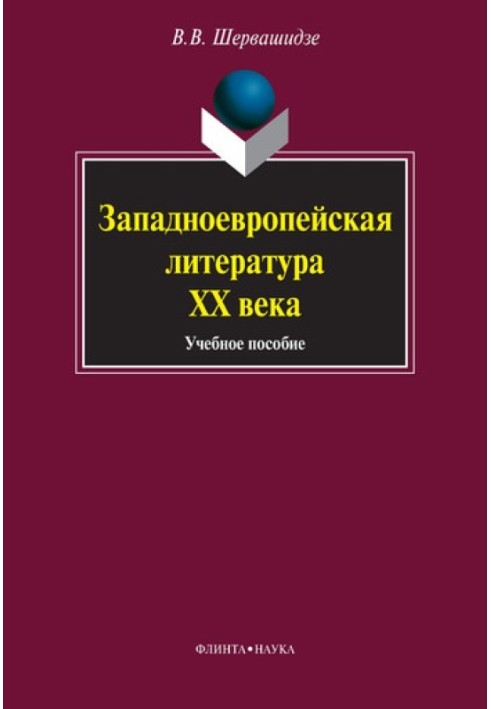Western European literature of the 20th century: a textbook
 Instant download
Instant download
after payment (24/7)
 Wide range of formats
Wide range of formats
(for all gadgets)
 Full book
Full book
(including for Apple and Android)
The textbook highlights key phenomena in Western European literature of the 20th century: a radical renewal of artistic language, a new concept of reality, a skeptical attitude towards rationalistic forms of knowledge. The positivist picture of the world, characteristic of both classical realism of the 19th century and realism of the 20th century, is being destroyed. “Epistemological uncertainty” gives rise to images of the world as chaos and absurdity. Alienation and loneliness acquire the status of subjectivity in modernism, and the result of philosophical reflection is the Nietzschean model of eternal return. In postmodernism, “epistemological uncertainty”, caused by a new ideological and aesthetic paradigm, rejects the status of subjectivity, the hierarchy of meanings, the “power of interpretation”. New strategies of postmodernism - literary games with readers, a change in the function of the author-demiurge, creating an objective-semantic world, openly demonstrate the conventionality of the literary text. The artistic innovation of postmodern prose from I. Calvino to M. Pavic defined new perspectives in the development of art at the turn of the century. The new artistic practice of the French novel of the 1980-1990s is due to a change in the aesthetic paradigm from a radical break with tradition to its reconstruction. The textbook, created on the basis of the author's course of lectures, is intended for undergraduate and graduate students of philological faculties. It can be used in the preparation of coursework, theses, and dissertations.
Data sheet
- Name of the Author
- Вера Шервашидзе Вахтанговна
- Language
- Ukrainian
- Release date
- 2010













